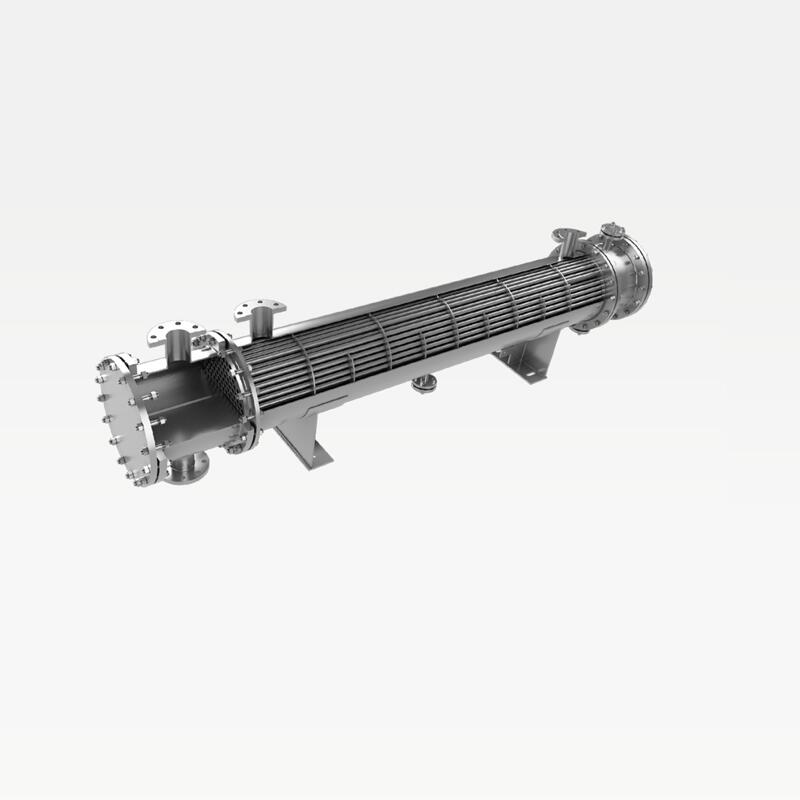-
Categories
-
Pharmaceutical Intermediates
-
Active Pharmaceutical Ingredients
-
Food Additives
- Industrial Coatings
- Agrochemicals
- Dyes and Pigments
- Surfactant
- Flavors and Fragrances
- Chemical Reagents
- Catalyst and Auxiliary
- Natural Products
- Inorganic Chemistry
-
Organic Chemistry
-
Biochemical Engineering
- Analytical Chemistry
-
Cosmetic Ingredient
- Water Treatment Chemical
-
Pharmaceutical Intermediates
Promotion
ECHEMI Mall
Wholesale
Weekly Price
Exhibition
News
-
Trade Service
Lianhe Zaobao Chinese reported on March 29: Analysts pointed out that supported by strong demand and a better pricing environment, American airlines are less worried about inflation and cost pressures, and will respond
by raising ticket prices.
Asian airlines, by contrast, are more focused on driving demand and may be reluctant to significantly raise fares
for now.
Singapore and regional countries have further eased border controls to strengthen the recovery momentum of local aerospace stocks
.
However, some analysts are concerned that higher oil prices may hit the earnings performance of airlines, and high inflationary pressures will weaken market demand
.
The Russia-Ukraine conflict has caused energy and food prices to soar, and the price of Brent crude oil once broke above $130 per barrel and is now falling back to about
$120.
Chu Peng, an analyst at Overseas Chinese Investment Research, pointed out in the latest report that soaring fuel costs have led to higher costs, raising market concerns about the potential impact on the profitability and recovery trajectory of the aviation industry
.
Airlines' operations and operations are heavily dependent on the price and supply of jet fuel, which typically accounts for 20 to 30 percent of an airline's total operating expenses, the second largest cost
after labor costs.
In response to rising fuel prices, airlines generally choose to hedge their fuel, or raise airfare or fuel surcharges to offset costs
.
However, "the uneven recovery of global air travel could complicate
airlines to pass costs directly on to passengers.
" ”
However, Chupeng noted that supported by strong demand and a better pricing environment, American airlines are less concerned about inflation and cost pressures, and will respond
by raising air fares.
Asian airlines, by contrast, are more focused on driving demand and may be reluctant to significantly raise fares
for now.
Singapore Airlines (SIA) earlier disclosed that the Group has hedged up to 40% of its fuel demand
from FY2023 to the first quarter of FY2024 at an average price of US$60 per barrel of Brent crude oil.
According to the International Air Transport Association (IATA), international passenger traffic in the Asia-Pacific region will recover to 68% of pre-pandemic levels in 2019 this year, and full recovery
is not expected until 2025.







